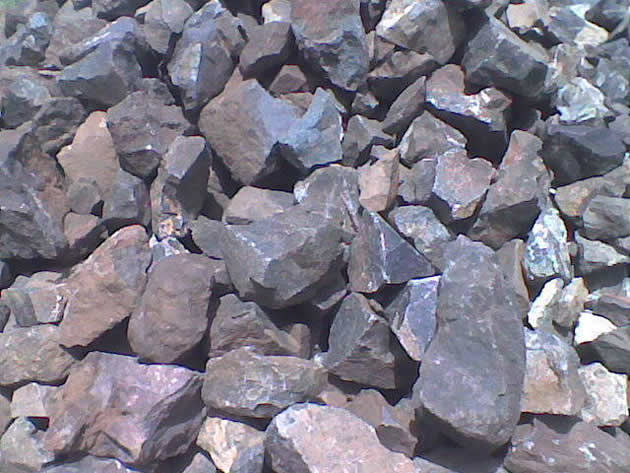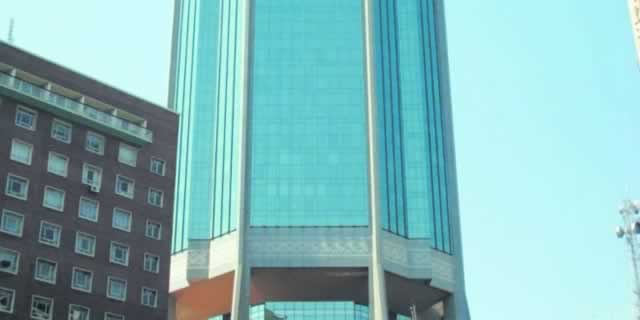Zim searches for high chrome niche markets

Martin Kadzere : Senior Business Reporter
ZIMBABWE is now looking for niche markets for high chrome grade to minimise the impact of subdued prices of the commodity on the international markets, an official has said. Zimbabwe’s chrome exports have remained subdued, since Government lifted the export ban on the mineral in June last year, largely as a result of low international prices.The commodity is trading at an average of $120 per tonne on the international markets, lower than $220 at a time when Government lifted the ban on raw chrome exports.
At about $120 per tonne, local producers will be paid about $45 per tonne (ex-works).
Apple Bridge Investment director Mr Masimba Chandavengerwa told The Herald Business that a slowdown of the Chinese economy, the country’s biggest market has affected chrome exports. ABI is a Special Purpose Vehicle set up by the Government to facilitate chrome ore exports.
Mr Chandavengerwa also noted that Zimbabwe was facing stiff competition from South Africa, which is selling lower chrome grade at “very low prices”.
This is largely because of the favourable exchange rate and high volumes from their mining operations.
“The outlook points that there will be no major changes,” said Mr Chandavengerwa.
“So we have taken a decision to find some niche markets in Indonesia, South Africa and China to place high value chrome ore into those markets. It does not make economic sense for us to move cheap products when SA can sell at prices that we can’t match.”
The Government lifted its ban on raw chrome exports in June last year to enhance viability of miners and improve liquidity. But exports have performed below expected levels.
The ban was meant to encourage beneficiation of the mineral. While the Government had imposed the ban on chrome ore exports to encourage firms to beneficiate the mineral, the suspension had a negative impact on producers, particularly small-scale miners, some who were forced to shut down due to viability problems.
Small-scale miners could not sell their produce due to low smelting capacity in the country, leaving them with stocks of chrome ore and no alternative source of revenue.
Deputy Mines and Mining Development Minister Fred Moyo said in an interview that the Government had set a target of exporting at least 100 000 tonnes of raw chrome per month, but producers have so far failed to surpass 10 000 tonnes per month.
“It is unfortunate,” said Mr Moyo.
“It is not working . . . we were targeting to move at least 100 000 tonnes per month, but if we are doing less than 10 000 tonnes, it’s not working.
“Even if we have some off take agreements in place, who would want to take the risk when prices continue sliding. Inefficiencies associated with our transport system are also pushing the costs high so this make the whole situation very complicated.”
Chrome is processed into ferrochrome, a key ingredient in steel production.
With challenges facing the sector, Zimbabwe is unlikely to reach 461 000 tonnes of chrome projected this year from 211 000 tonnes produced last year. The chrome was also expected to be one of the main drivers of the mining sector growth of 2,4 percent this year. Zimbabwe holds the second largest chrome ore reserves after South Africa.









Comments